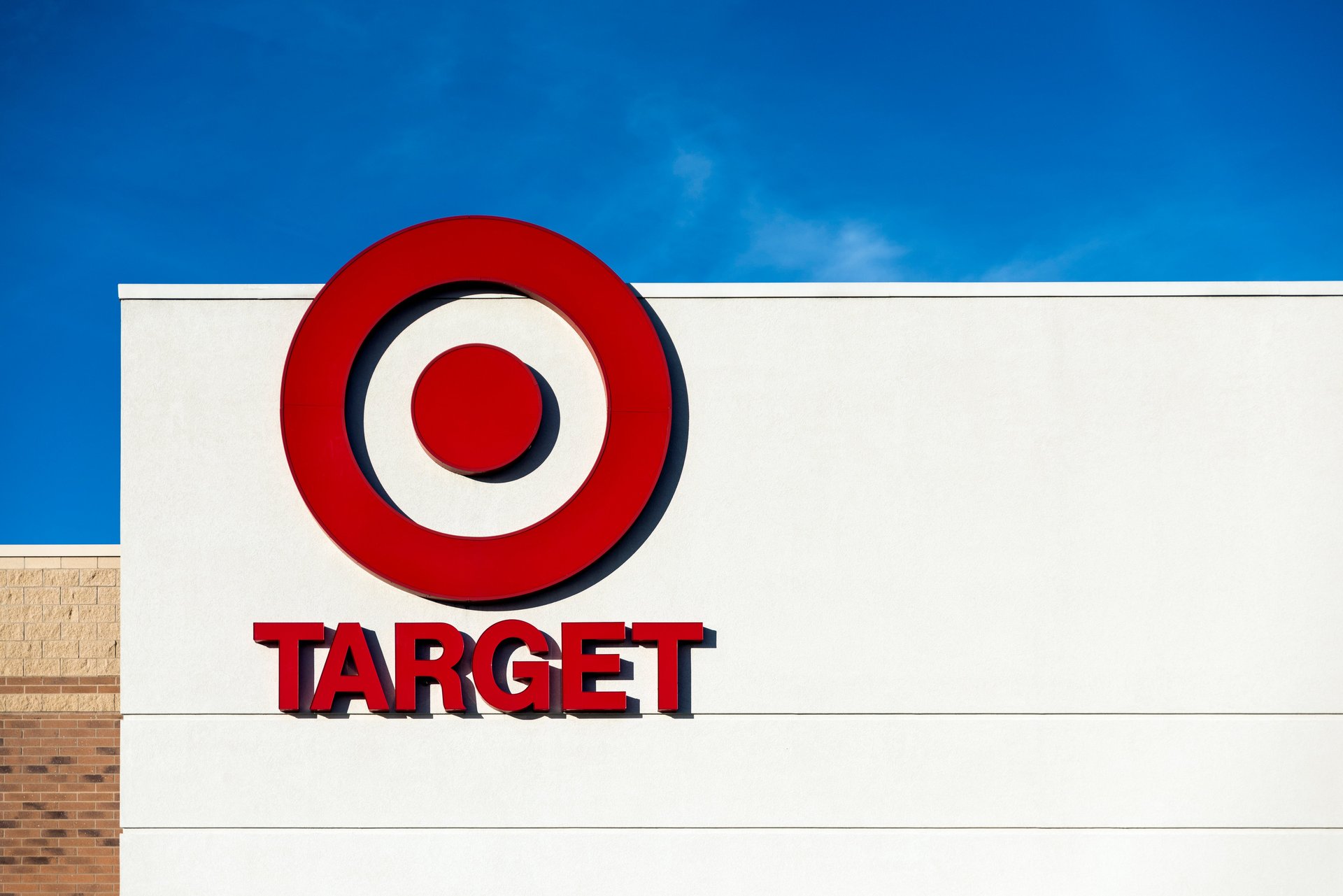Target earnings miss as inflation weary consumers cut back on groceries and apparel
Just this week, the red-and-white-themed retailer said it would slash prices on nearly 5,000 items

Target isn’t doing so well in the inflation economy.
Suggested Reading
The retail giant’s stock fell 7% on Wednesday after it reported first-quarter earnings in which it revealed a sales decline of nearly 4%. Its most recent quarter was impacted by cash strapped consumers who held off on purchasing groceries and discretionary goods, including home decor and apparel.
Related Content
“Consumers continue to respond to the newness and value that we offer across our shopping experience,” said Brian Cornell, Target’s CEO, in a statement.
Minneapolis, Minn.-based Target’s revenue met Wall Street’s expectations. For the first quarter, it reported revenue of $24.53 billion, about $2.03 earnings per share. Analysts forecasted Target would report $24.52 billion, roughly $2.06 earnings per share.
The retailer reiterated its full-year outlook. For the 2024 fiscal year, it expects sales to be flat or up to 2%, with adjusted earnings per share to be between $8.60 to $9.60.
Target’s most recent earnings report underscores that as stubborn inflation persists, price conscious consumers on the hunt for bargains are looking elsewhere for deals.
But even so, just this week, Target said it planned to slash prices for nearly 5,000 every day items, ranging from milk, snacks, and fresh produce, to diapers, paper towels, and pet food this summer. The company said it had already marked down prices on 1,500 items following the announcement.
Although Target claims it is looking to save consumers “millions of dollars” on its shelf-price-scale-down, it may be more of an effort to stay competitive with Walmart and Amazon, its more immediate retail rivals.
As the summer season approaches, the price cut promotion could bode well for Target. During the first quarter, visits to Target were up 3.5% year-over-year, according to foot traffic analytics company Placer.ai. Meanwhile in April, foot traffic growth slowed and increased only 1.4% from 6.3% growth in March, the platform found.
Nonetheless, Target has been steadfast in its bid to reach consumers. In early May, it said it was considering an expansion of its wholesale business as it looked to globally sell its in-store clothing label at other department stores.
In April, during the company’s bargain-filled Circle Week where select items were marked down, it launched a new paid membership it dubbed Target Circle 360. The membership, now worth $99 a year, boasts that customers will get deliveries in an hour or less, including an extra 30 days to make returns. During that time, Target said it would introduce new self-checkout technology that would warn customers if they forgot to scan an item.
In March, Target said it would start limiting the number of items customers could purchase at its self-checkout registers to 10 or less. Separately, the retailer said it would double employee bonuses for some of its salaried workers.
